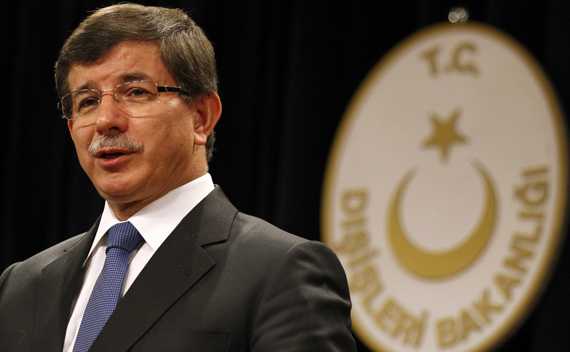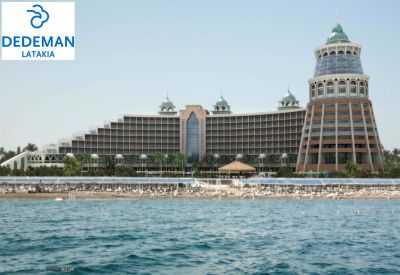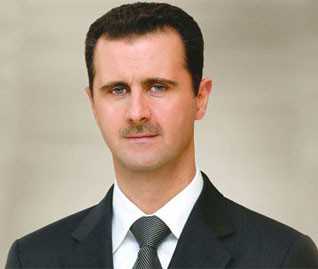Turkish Foreign Minister Ahmet Davutoglu said Turkey and Russia had a similar stance on ending the bloodshed in Syria, adding that Turkey is ready to work with Russia on solving the crisis.
Davutoglu and his Russian counterpart Sergei Lavrov also said the two countries have almost the same position regarding Iran.
“An immediate halt to the bloodshed and an implementation of the reform process in Syria is important. Turkey and Russia share a similar stance on these issues,” Davutoglu said on the close cooperation between Turkey and Russia on Syrian crisis, at a joint press conference with his Russian counterpart.
“We are always ready to work with Russia, which has an important role in the region, to solve the Syrian crisis through intense dialogue. We believe Russia could make a significant contribution on this issue,” Davutoglu said, adding that they always back the Arab League initiative which aimed to end the regime crackdown on protesters, Anatolia news agency reported.
Lavrov echoed Davutoglu’s words, saying Russia and Turkey have a similar stance on Syria.
“Russia wants the bloodshed to end and we are in favor of a peaceful solution to the crisis through political means,” Lavrov said.
On Iran he also said Russia and Turkey had almost same position and that Russia wants this issue to be solved through diplomatic means. Lavrov revealed that they held the second meeting of the Joint Strategic Planning Group yesterday, saying Russia and Turkey were holding such meetings to converge on their positions.
Davutoglu said Turkey’s position with Russia was very similar on the Iran issue and talks on Iran’s nuclear program should resume rapidly. He said Turkey was ready to host the talks, if Iran returned to negotiation table. Lavrov confirmed that Russia was in favor of the nuclear talks being held in Turkey. Lavrov stated that Russia would consider “constructive proposals” to end the bloodshed in Syria but was opposed to force or sanctions.
via Turkey, Russia converge on Syria and Iran crisis.






